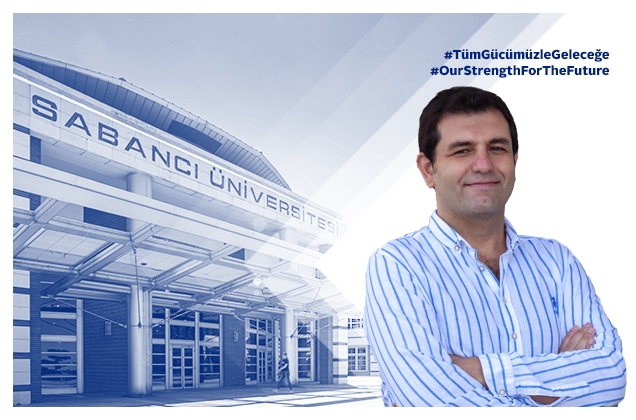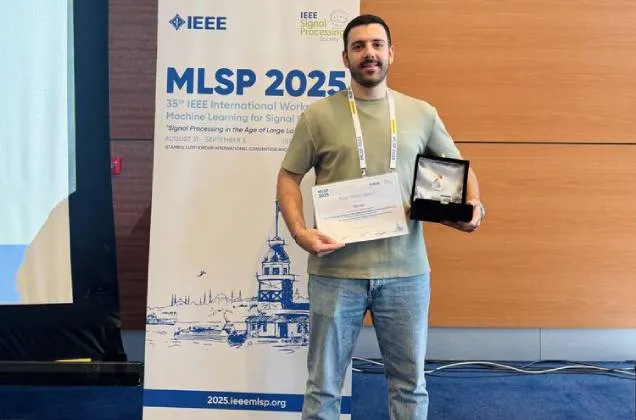25/10/2022
The project of Sabancı University, awarded within the scope of the B Group R&D Project Call of the Presidency of Turkish Health Institutes, will be a hope for Wilson‘s disease patients. When the project is completed successfully, a permanent gene therapy prototype will be created for Wilson’s disease patients. Thus, patients will not have to take drugs for their entire lives and will not need liver transplants.

Sabancı University's new project will start a new era in the treatment of Wilson's patients, with a prevalance rate of 1 in every 30 thousand people in the world. With the new project developed, it is aimed to treat hereditary Wilson's Disease (WD), which causes copper accumulation in many organs, through a gene therapy in which the full-length ATP7B gene is delivered to liver cells by a virus under its own control, using hybrid gene technology.
The project entitled "Improving copper metabolism with a hybrid gene therapy approach and developing a new treatment method for Wilson's Disease", led by Dr. Cavit Ağca, member of Sabancı University Faculty of Engineering and Natural Sciences, was also entitled to support within the scope of the Presidency of Turkish Health Institutes (TÜSEB) Group B R&D Project Call.
Sabancı University Faculty Member Cavit Ağca, the project coordinator, stated that they aim to increase the quality of life of patients by contributing to the treatment of WD and other rare diseases with the hybrid gene therapy approach they offer within the scope of the project. He continued as follows:
“This new gene therapy we have designed will be a beacon of hope for Wilson's patients. When the project is successfully implemented, only a single dose injection for life will be sufficient for treatment. The strategy we will put forward for WD will be a pioneer not only for WD, but also for all other gene studies. In addition, we believe that our project will lead to the presentation of other gene therapy projects in the future and will affect the visibility and prevalence of studies in this field in our country.”
Carried out under the leadership of Sabancı University within the scope of TÜSEB Group B R&D Project Call, which aims to support strategically important R&D projects in the field of health technologies that produce original scientific knowledge in the field of health, solve problems, and develop products with high added value and commercialization potential, the project is expected to last for 24 months. The project is carried out in partnership with Ceyda Açalan Ayhan and Müjdat Zeybel, both from Koç University.




